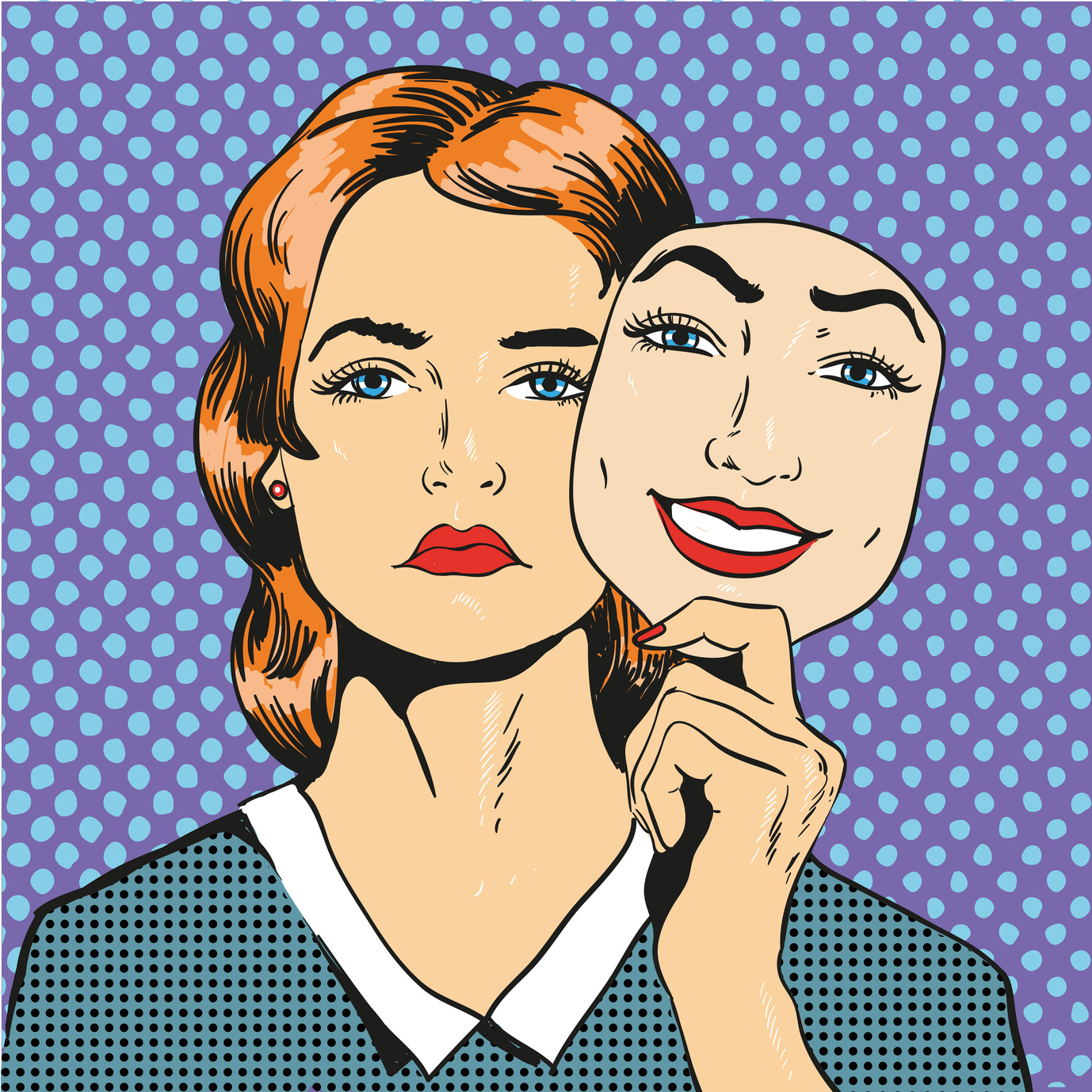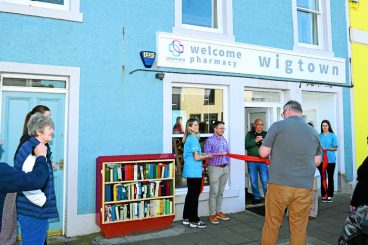The new study, released yesterday, found that people in Dumfries and Galloway are most likely to experience stigma and discrimination from those closest to them, from friends, family and work colleagues.
However there are signs of improvements, with 75 per cent of respondents saying they think public perceptions of mental health problems have improved over the past ten years. The poll of over 2000 people, carried out by Censuswide for See Me, the programme to end mental health discrimination, is the most extensive study into mental health stigma in Scotland for over five years, with 64 people polled in Dumfries and Galloway.
Across the whole of Scotland, the study highlighted the difficulty people experience in getting help, with GP practices being the most common place that people say they face stigma and discrimination. It also found that 27 per cent of respondents would not want a person who has a mental health problem to take care of their child and one in ten would not be willing to have a relationship with someone with a mental health problem. However, 85 per cent believe it is possible to have a mental health problem and live a meaningful life.
Mental Health Minister Clare Haughey said: “It is encouraging that 79 per cent of people who were surveyed think that public perceptions of mental health problems have improved in the last ten years – and that over half of respondents would feel confident to challenge mental health stigma and discrimination, especially when they have been the recipient of such stigma themselves.
“See Me’s survey also shows some negative findings about fears around mental ill-health. These findings are sobering and they reaffirm that, despite strong progress in improving public perceptions of mental health problems, there is still much to be done to tackle associated stigma and inequality.”
Wendy Halliday, See Me interim director, added: “Our research shows that 55 per cent of people feel confident to challenge stigma and discrimination, but we need that number to be much higher, so no one is treated unfairly when they’re struggling. Knowing what to say and do isn’t easy, so we’ve released a brand new resource, the Journey of a Social Movement, where you can see how people like you have been challenging stigma and discrimination in their communities, with their friends and family, in their workplaces, at school and in health care.”














